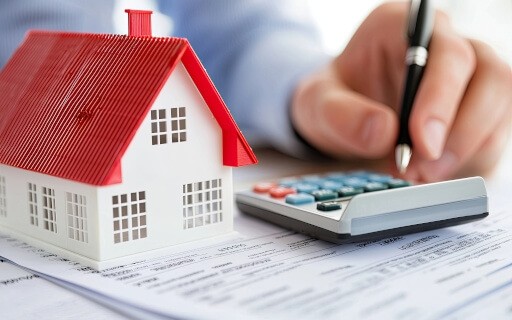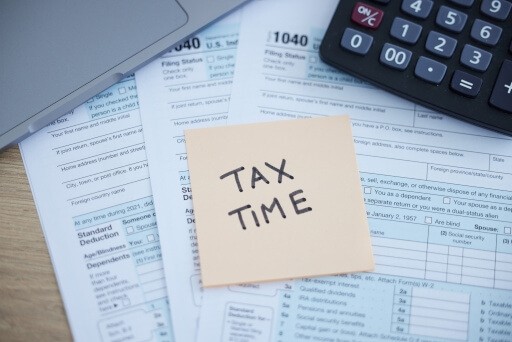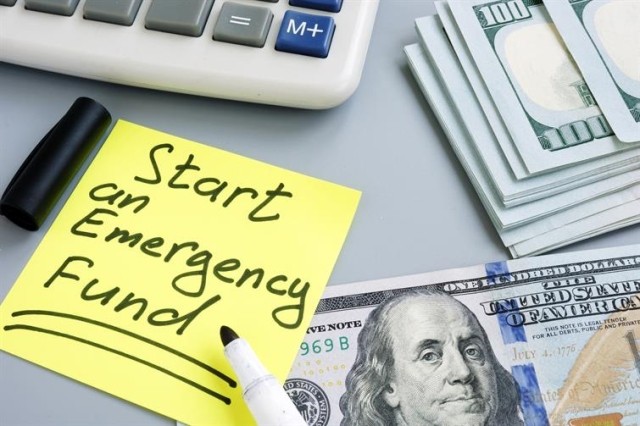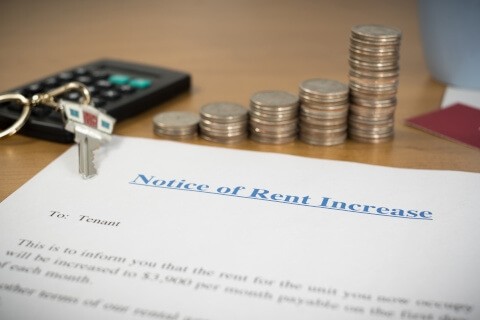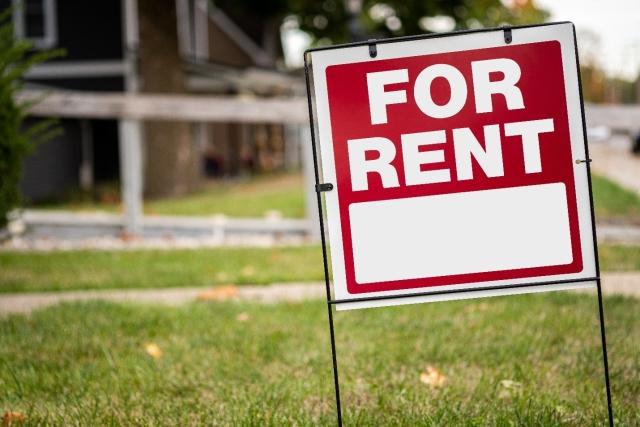
Owning a rental property gives you the opportunity to gain passive income. However, like any property or home, things will break down over time and you will need to do some maintenance. A great way to help compensate for maintenance expenses is claiming rental property depreciation on your taxes.
Depreciation: Explained
Depreciation allows you to deduct the costs of buying and improving your rental property from your taxes since when you rent property to others you must report the rent as income on your taxes. Depreciation is about allocating the cost of the property, not assessing the value of it. To claim these tax deductions, you must convince the IRS that the property has a determinable useful life. Once you have determined the useful life, you can use a formula to calculate the amount of value lost due to depreciation each year and claim the deductions on your taxes.
What conditions do I need to meet to claim rental depreciation?
To take a deduction for a depreciation on a rental property, the property must meet this specific criterion, according to the IRS:
- You must own the property, not be renting or borrowing it
- You must be using the property to produce income
- You must be able to determine the “useful life” of the property, meaning the property should become eventually worn out, decay, i.e., “used up &ldquo
- The property’s useful life should be longer than one year
If you meet all of the criteria above, you can claim depreciation on your rental property.
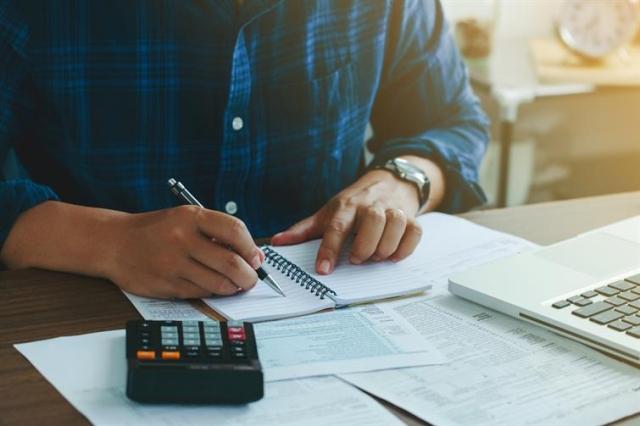
How do I determine the useful life of my property?
The IRS has created a standard process to find what’s considered the useful life of a property. To start, you first need to pick your depreciation of life cycle. To do this, there are two different systems: the General Depreciation System (GDS) and the Alternative Depreciation System (ADS). For either nonresidential or residential rental properties, you can choose either system on a property-by-property basis. But once you select a system you must stay using it for as long as you claim depreciation.
General Depreciation System (GDS):
- Use life for residential properties is 27.5 years
- Shorter recovery period
- Most common method that spreads the depreciation of the rental property over its useful life
Alternative Depreciation System:
- Use life for residential properties is 30 years or 40 years if the property was placed in service before January 1st, 2018.
- Longer recovery periods
- Higher levels of depreciation that can be claimed each year
When Does Depreciation Begin?
As an owner of a rental property, you can begin depreciation deductions as soon as you place the rental property in service and ready to use as a rental. For example, you buy a rental property on September 1st. After working on the house for several months, you have it ready to rent on November 1st, so you begin to advertise online and in the local papers. You find a tenant, and the lease begins on December 1st. As the property was placed in service—that is, ready to be leased and occupied—November 1st, you would start to depreciate the house in November, and not in December when you start to collect rent. You can continue to depreciate the property until you have deducted the entire cost, or you choose to retire the property from service.
How Do I Calculate Depreciation?
To begin calculating your property’s depreciation you first need to determine your cost basis by dividing the property’s useful life under GDS or ADS (whichever one you choose) and calculating your depreciation schedule. An example from Quicken Loans states that if the cost basis is $206,000 and you divide by the GDS life span of 27.5 years then it works out to be $7,490.91 per year or 3.6% of the loan amount. If you don’t trust yourself to calculate your own depreciation, then contact a tax or financial advisor for help.
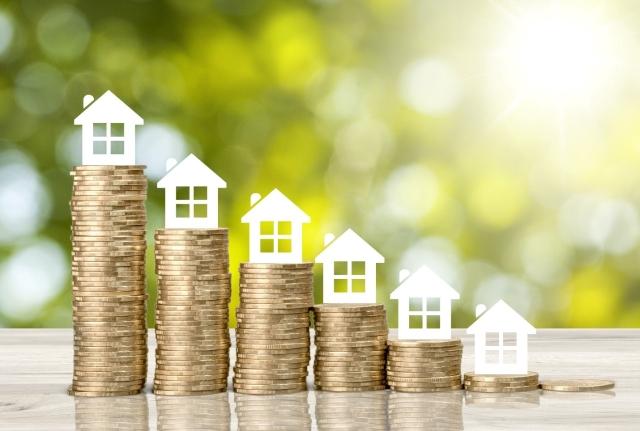
How Long Does Depreciation Last?
Depreciation does not last forever. Depreciation can either end when the entire cost basis has been deducted after 27.5, 30, or 40 years. Or depreciation can end when the property is removed from being in service by selling it or there is no longer an income.
How do I report my rental property depreciation to the IRS?
Depreciation is typically reported on Schedule E of a standard 1040 tax form, but you may have to use different forms for certain situations. If you have any concerns about which tax form is right for you and your rental property, speak with a tax or financial advisor.
What happens if I sell my rental property?
If you decide to sell your rental property for more than its current depreciated value, you will have to pay something called a depreciation recapture tax, which amounts to a 25% tax on the amount above depreciation value that your property sells for.
What’s the rental property depreciation limit?
Owners of rental properties will have to have a gross income limit of $100,000 and can deduct up to $25,000.
How much does depreciation reduce tax liability?
As an owner of a rental property, you typically report your rental income and expenses for each rental property that you own on the appropriate line of Schedule E when filing your annual tax return. Depreciation is one of the expenses you’ll include on Schedule E, therefore the depreciation amount will reduce your tax liability for the year. For an easy way to track income and expenses, consider a platform like Apartments.com. Our expense tracking platform helps you summarize rental expenses by property and tax category. From there, you can easily export them to CSV or PDF formats to keep everything in order.
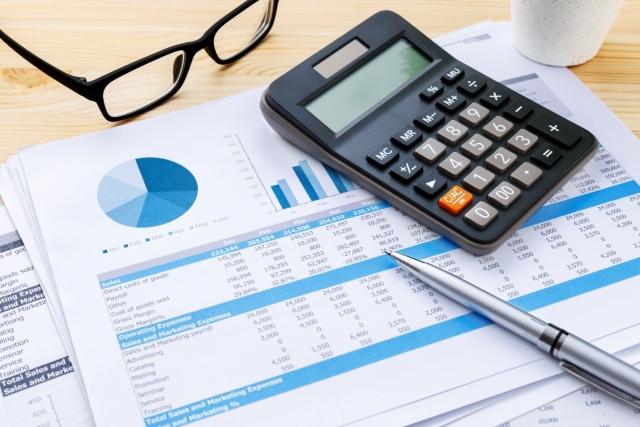
Will the land my rental property is on depreciate?
No, only the value of the building can be depreciated, you cannot depreciate land. This is because according to the IRS land cannot be "used up" or “worn out.”
What happens if I don’t claim depreciation on my rental property?
If you’re a first-time rental property owner, you can easily miss this tax deduction, but you can claim your depreciation benefit after completing your latest tax return by completing a Form 1040x along with other forms that will help you. Again, if you have any questions, we recommend you speak to a tax or financial advisor.
Depreciation is a valuable tool if you own rental properties because it lets you spread the cost of buying the property over decades, by reducing each year’s tax bill. Since rental property tax laws are complex and do change periodically, you should work with a qualified tax accountant or financial advisor when establishing, operating, or selling your rental property.



